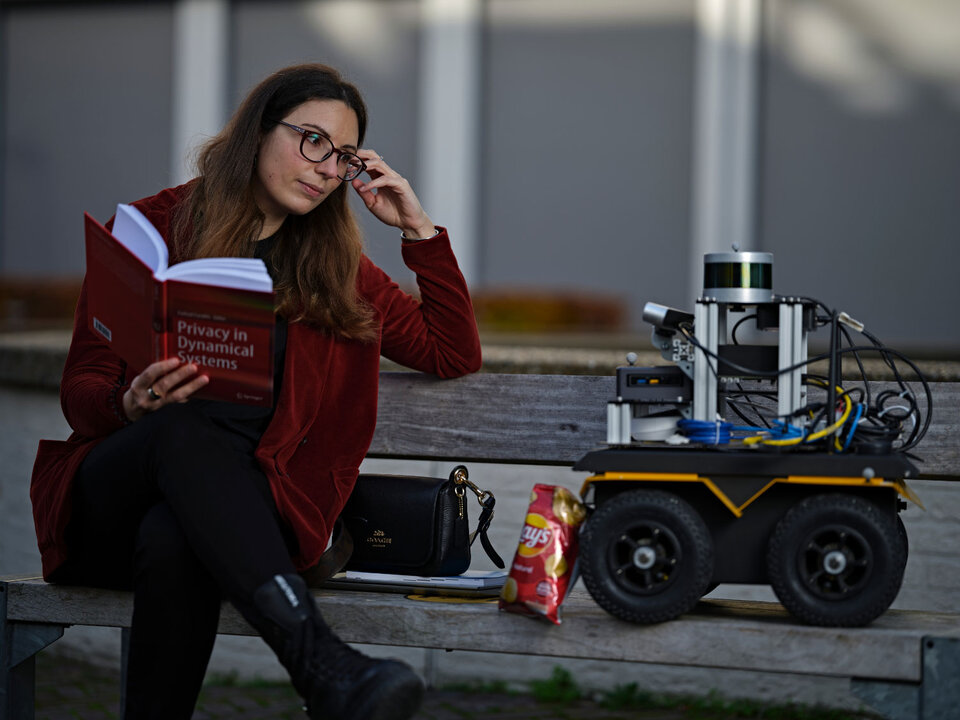Smart mobility hubs, car-free neighbourhoods, zero-emission zones and one day maybe even self-driving cars. The city is full of opportunities to improve accessibility, liveability and safety.
The matter is urgent, as cities in Europe are becoming increasingly crowded with more residents, more visitors and more logistics. We are stuck in traffic jams, we emit a lot of CO2, we make accidents and parking is difficult. In our cities there is an ungoing battle for scarce space: do we prioritise green streets or parking spaces in front of our homes?
Delft urban mobility scientists are developing much-needed knowledge and solutions to make our busy cities smart, clean and safe for everyone. We are building bikes that won't topple over and autonomous boats to deliver packages over water. We develop apps to make shared transport user-friendly. We are tinkering with algorithms for self-driving, electric vehicles. And we implement car-free neighbourhoods and green corridors for pedestrians. With our tools, data visualizations, digital twins and serious games, we help municipalities in the Netherlands and Europe with their mobility issues.
We accelerate the mobility transition and make cities smart, clean and safe for everyone.
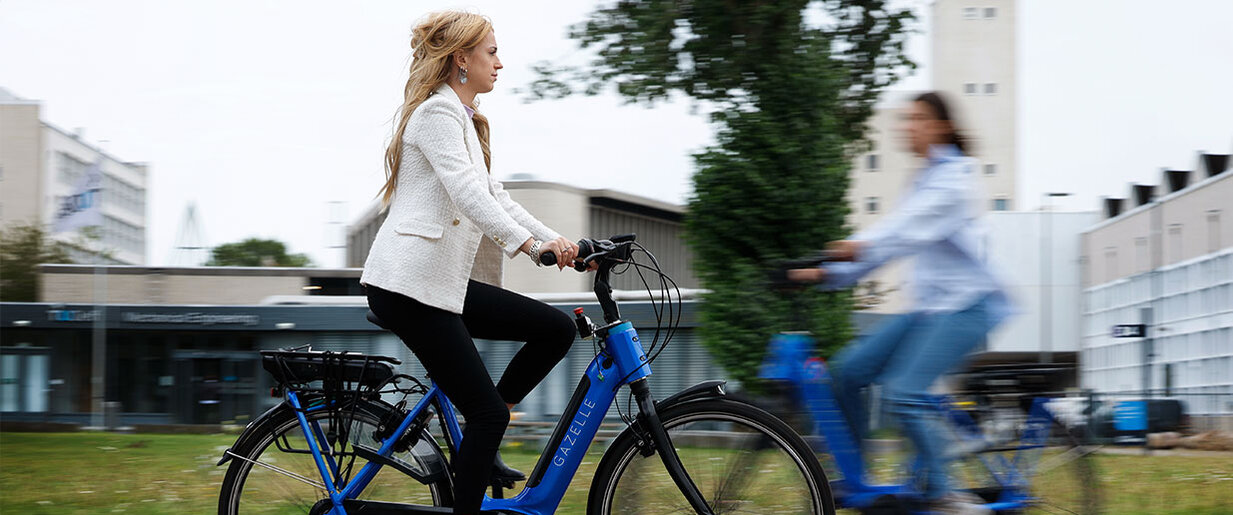
Student Story
Causing near collisions with cyclists to improve traffic models
It’s surprising, but in the Netherlands – a nation of cyclists – there’s very little data on how cyclists respond to each other in traffic. Yet this data is essential for creating more realistic traffic models, which in turn are key to designing better cycling infrastructure across the Netherlands. Anna Marbus, a master’s student in robotics, wants to change that by causing near collisions with cyclists.
SenseBike
This is TU Delft's SenseBike - a bicycle equipped with the same advanced sensors used in autonomous vehicles. While cycling through the city, the SenseBike creates a detailed map of the urban environment in real-time and collects valuable close-up data on cyclists' behaviour. This helps improve algorithms of automated cars and design safer intersections for cyclists.
| Watchtime: 28 sec.
Vragen of samenwerken?
Heeft u vragen? Of wilt u bijdragen of samenwerken? Neem contact op via resilientcitiesandmobility@tudelft.nl. Bekijk ook onze Press Kit.
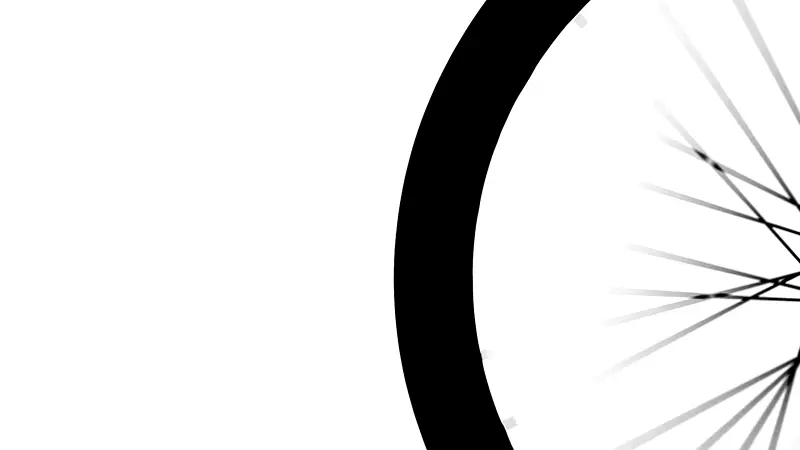



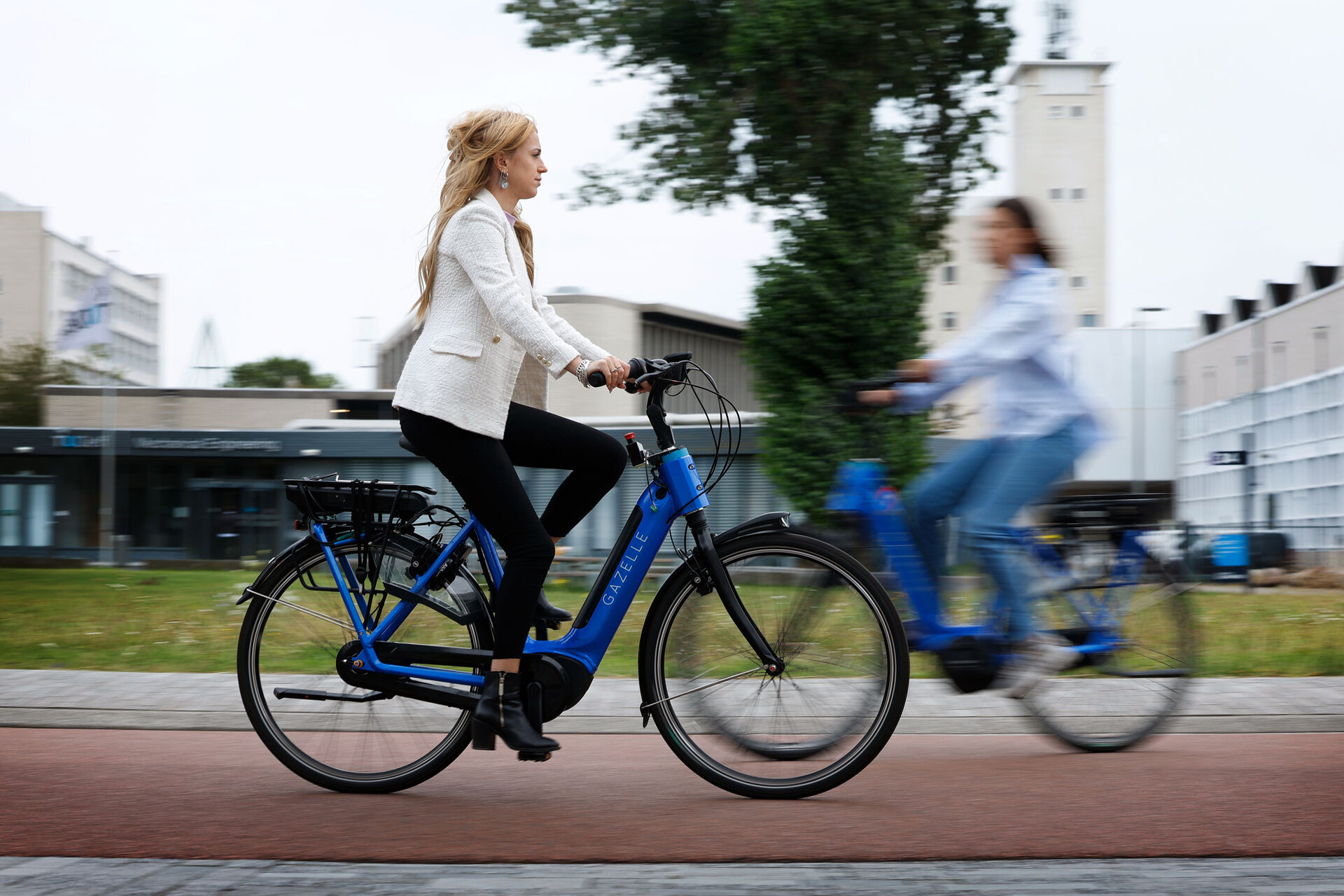
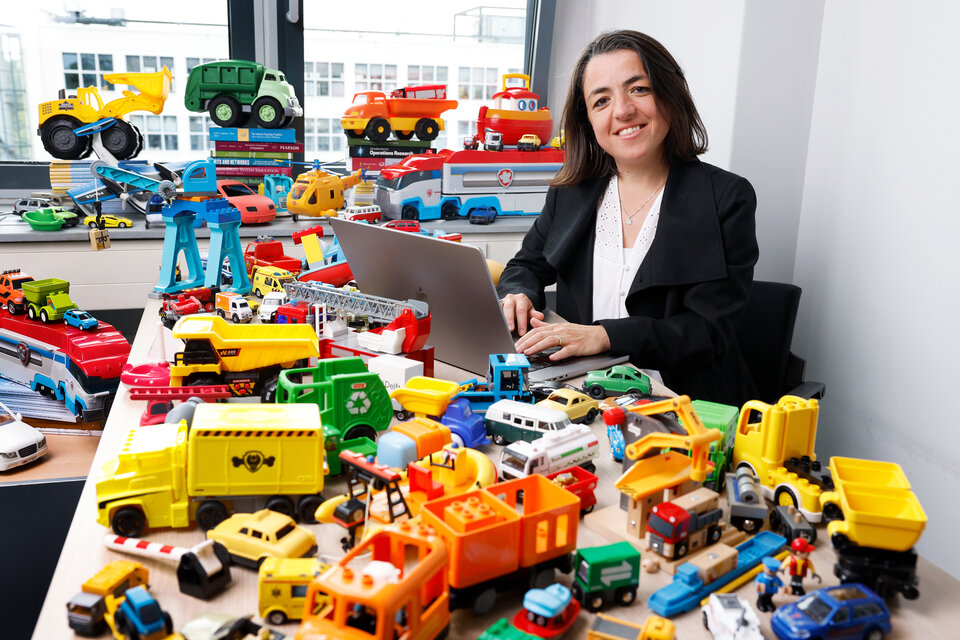
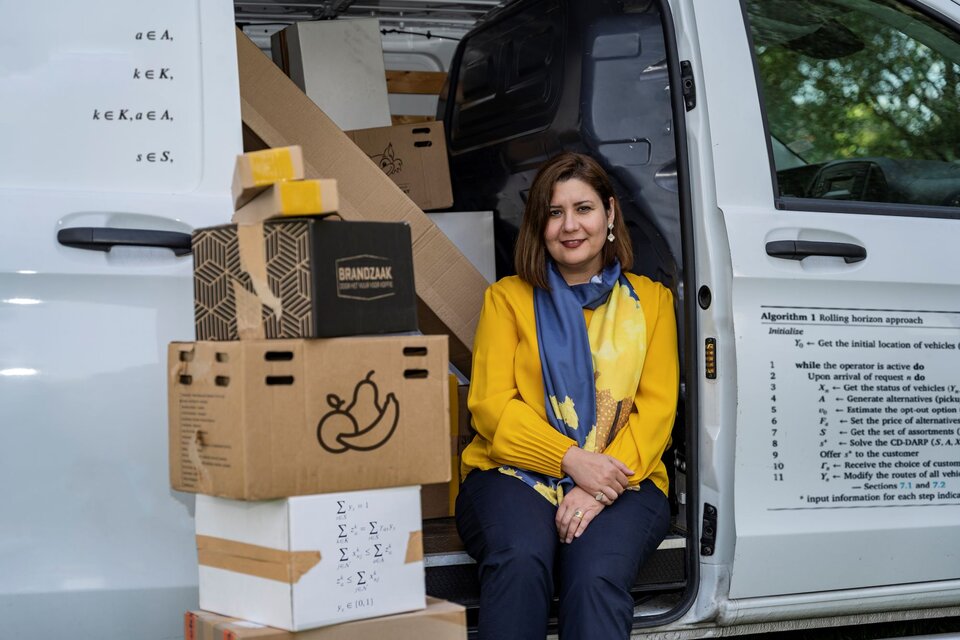
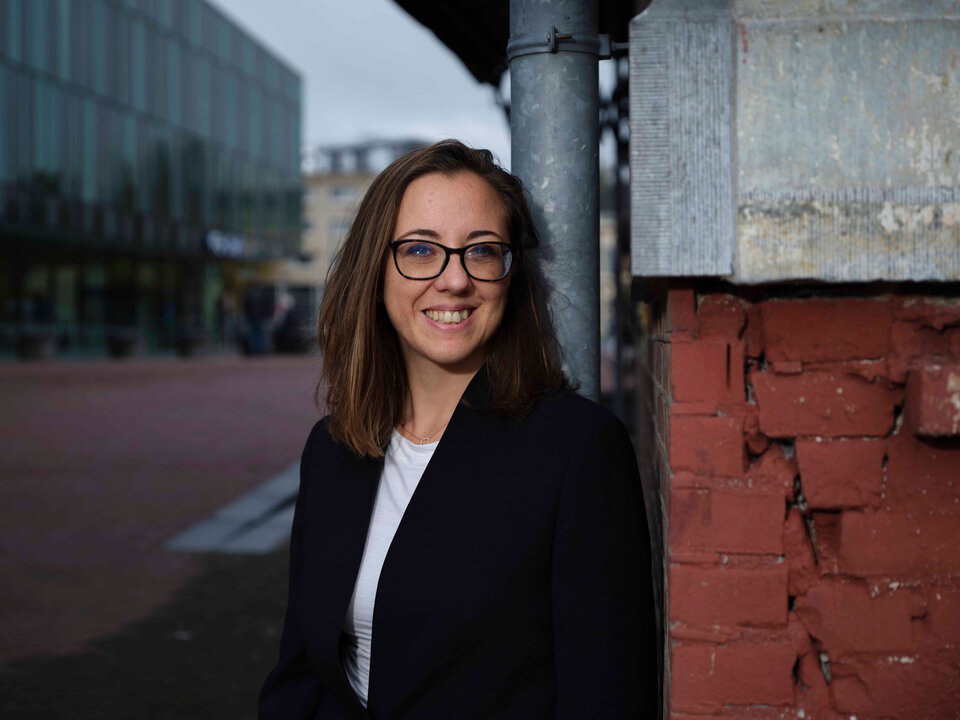
![[Translate to English:] [Translate to English:]](https://filelist.tudelft.nl/_processed_/a/5/csm_de_rechtvaardige_straat_header_899e875a76.jpg)
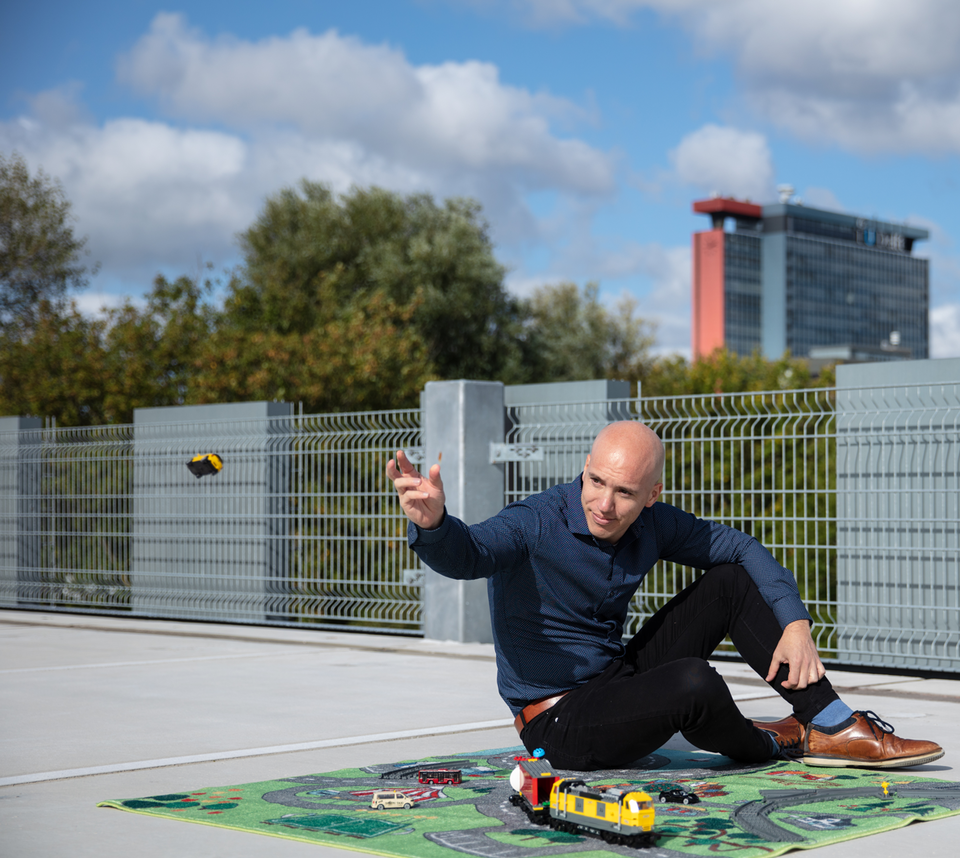
![[Translate to English:] [Translate to English:]](https://filelist.tudelft.nl/Websections/Stories/CiTG%20-%20Goederen%20een%20stem%20geven%20-%20Mahnam%20Saeednia/Card%20Mahnam%20wacht%20op%20de%20trein.%20Adam%20Klugkist%281%29.png)
![[Translate to English:] [Translate to English:]](https://filelist.tudelft.nl/_processed_/8/7/csm_tud_stofsc_m_rietkerk_HR_EWF_241010_Z6B2768_a929aa8b02.jpg)
